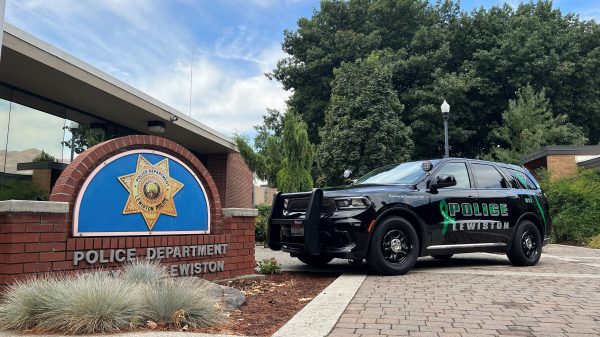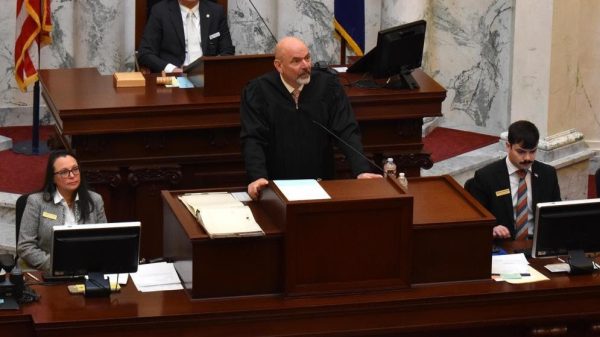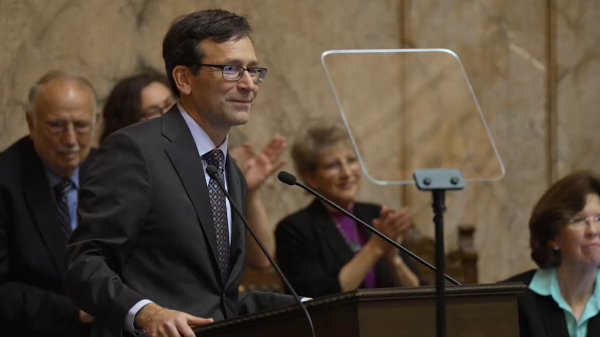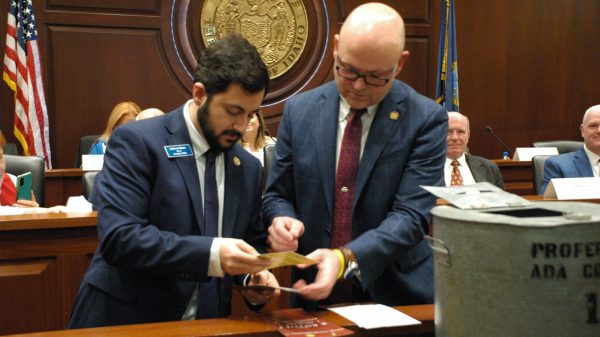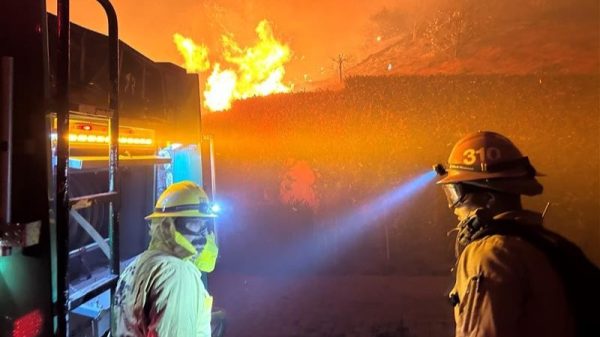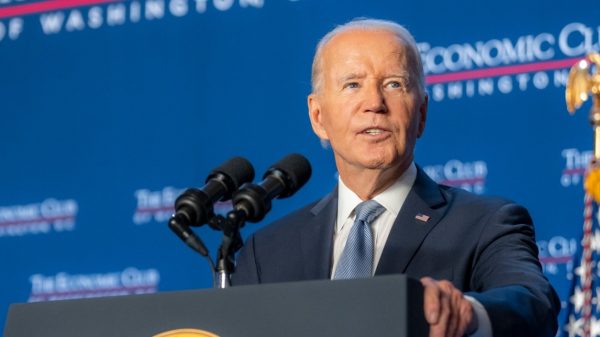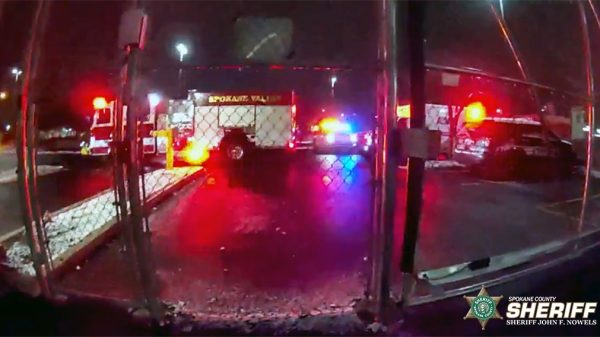(The Center Square) – Crowded emergency rooms across the state are forcing ambulance crews to wait, sometimes hours, for the patient to be delivered so a bed is available.
That’s the backdrop for a bill that got a hearing Friday in the House Healthcare and Wellness Committee.
Rep Mary Fosse, D-Everett is the sponsor of HB-2466.
In a briefing to committee members, Fosse said her own experience when her newborn son was in the NICU (Neonatal Intensive Care Unit) made her realize how people are being harmed by short staffing levels in hospitals.
“Our family made it through but there are still issues happening surrounding staffing levels, that are making for extreme costs for taxpayers,” Fosse said.
“Prompt transport to a medical facility in a medical emergency is critical and has a direct link to patient survival,” she said. “Unfortunately, our medical transport right now, they are facing extreme delays.
“The delays our EMTs are forced to wait, the additional hours before transfer to the ER are costing our taxpayer-funded fire departments and EMS services.”
It doesn’t happen at every hospital, according to Fosse, “but it’s happening all over the state.”
Her bill would require hospitals to care for a patient within 30 minutes from the patient arriving by ambulance, or to reimburse the transport service for additional waiting time.
Testimony was evenly divided between those in support of the bill and those opposed.
AJ Johnson with the Washington State Council of Firefighters testified in favor of the bill.
He told lawmakers that as a firefighter in Snohomish County, he has seen a dramatic increase in wait times at hospitals over the past three years.
“It’s not uncommon to see ambulances waiting for hours at the medical facility in my neighborhood,” Johnson said.
“Last week one of ambulances waited more than three hours to transfer a patient, and this is three hours those firefighter EMT’s can’t respond to other emergencies in our area,” he added. “This is becoming untenable for fire departments across the state.”
Kim Bersing is the chief nursing executive at Multicare Yakima Memorial Hospital. She testified in opposition to the bill.
“I feel like ambulance wait times can’t be viewed in a vacuum,” Bersing said.
She told lawmakers there are factors outside of the hospital out of their control.
“When complex discharge patients no longer need acute care services but have nowhere to go, they take up inpatient beds,” Bersing added. “There is nowhere for emergency patients to be admitted.”
“Yesterday, I had 14 patients waiting in the ER, and at least 14 people who were here, who no longer had a need for acute care, but we couldn’t find places to take them.”
“We should not be charged or otherwise penalized for systemic issues that are well outside of our control.”
No further action was taken by the committee following the public hearing.











